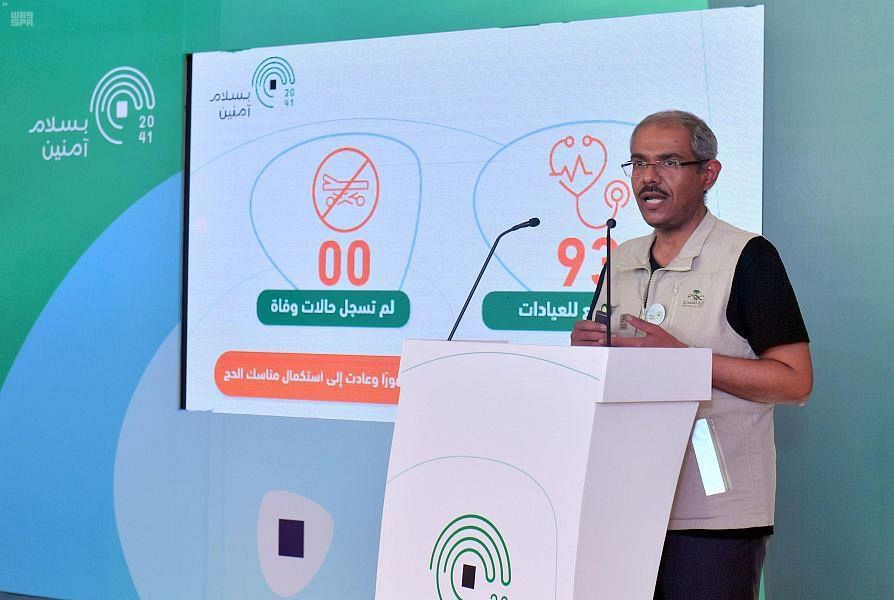
Two migrants arriving by sea to the Greek island of Lesbos tested positive for coronavirus on Tuesday, leading to increased calls for evacuation of the overcrowded local camps.
The Moria camp in Lesbos has so far not reported cases of the virus, though two other camps and a hotel where asylum-seekers are staying were locked down in April after positive coronavirus tests were returned.
Dimitra Kalogeropoulou, International Rescue Committee (IRC) country director in Greece, told the Guardian that the results, though a sign that public health measures are working, show that more must be done about overcrowding and poor conditions.
She said: “Thanks to random testing carried out by the Greek National Public Health Organisation in the quarantine area at the north of Lesbos, two new arrivals on the island were confirmed to have the virus before they reached Moria, avoiding putting the 18,000 people who live there in danger.
“Refugees living in camps have limited ways of protecting themselves from the coronavirus; if it does reach the camps, the severe overcrowding and absence of proper sanitation mean that it will spread rapidly. It is essential that the camps are decongested … [and] those most at risk are evacuated.”
She also called for improved medical and quarantine facilities on the island.
Over the past few months there have been calls by medical groups to remove the most vulnerable from the island, including severely sick children.
The Greek government has asked other EU countries to take asylum seekers from the camps and some young people have left for countries including Germany and Belgium. Last week the UK helped to organise a flight of people from Athens under family reunion laws, although rather than being an evacuation it involved people with a legal claim to join relatives in the UK.
The camp has become increasingly overcrowded and dangerous over the past year, growing from a population of 5,000 last July to around 20,000 earlier this year.
The health situation for the population was already dire, with doctors calling for the most vulnerable individuals, including seriously ill children, to be transferred urgently to the mainland.
In February, a senior doctor told the Guardian that there were widespread untreated respiratory conditions among people living in damp conditions could lead to a major public health crisis.
The Greek government has promised to transfer 2,000 asylum seekers from the islands to the mainland in order to ease the pressure on the camps there. On Sunday, 137 asylum-seekers are expected to be transferred from Lesbos to the mainland.
According to agencies and Greek authorities, the migrants who tested positive were among 70 asylum seekers to arrive from Turkey in two boats on 6 and 10 May. All were placed in a separate quarantine facility with no contact with larger groups of asylum seekers at other facilities on the island.
“There is absolutely no connection between this facility and that of Moria,” a source at the migration ministry said, referring to the large and overcrowded camp on the island where tens of thousands of migrants live in dire conditions.
The two asylum seekers who tested positive have not developed symptoms of Covid-19, officials said, adding that tests are being conducted on the other 68 migrants in the separate facility on Lesbos.
The 70 asylum seekers who arrived last week were among the first to reach Greece by sea in more than a month as coastguards have stopped boats arriving.
Greece has been lauded internationally for its success in tackling the coronavirus crisis but the IRC are keen that refugees and migrants are not punished by being kept under lockdown for longer than other people.
Greek authorities announced on Sunday that “coronavirus measures of confinement for those living in migrant camps and reception centres are prolonged until 21 May.”
The country as a whole has seen 2,710 cases and just 151 deaths. Most people can now leave their homes without authorisation and on Monday, some shops will open and final year school pupils will return to class.
Kalogeropoulou said: “While Greece is emerging from lockdown, and people are able to go to the supermarket, meet with friends and go outside, the same freedoms have not been afforded to refugees. This has left thousands of people unable to go out to get medical supplies or other essential items. This limitation of movement is discriminatory.”











